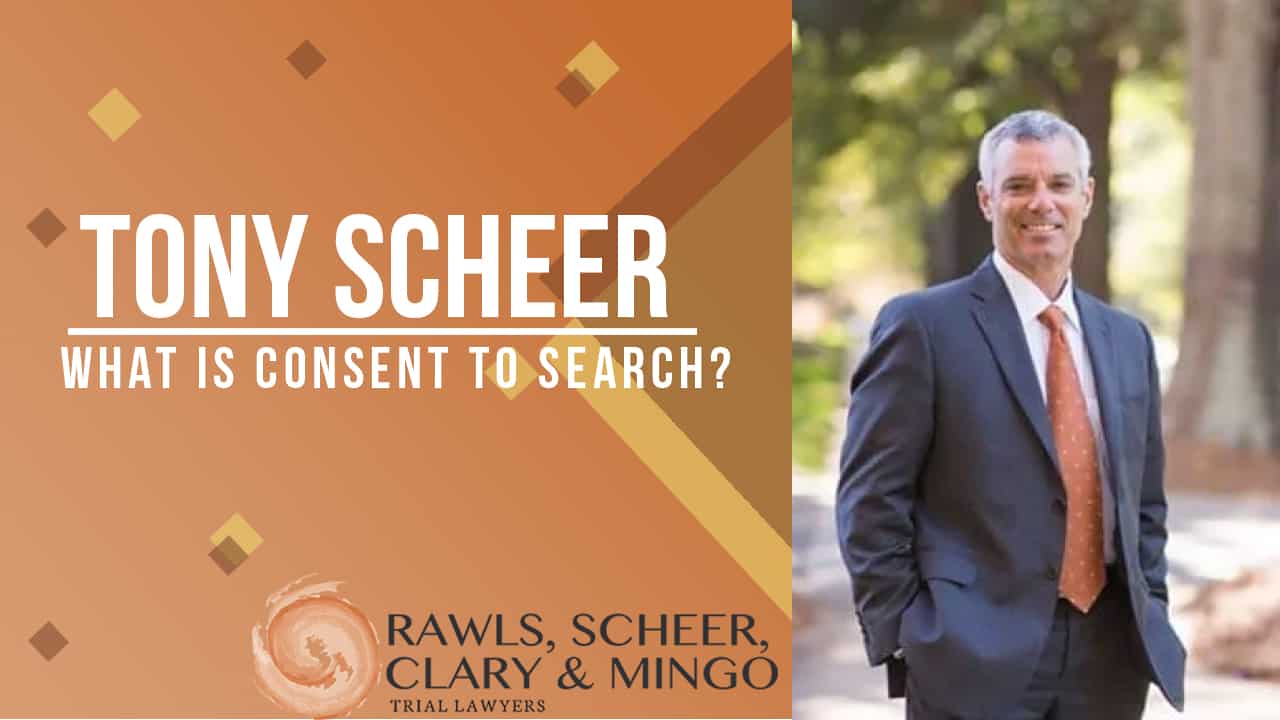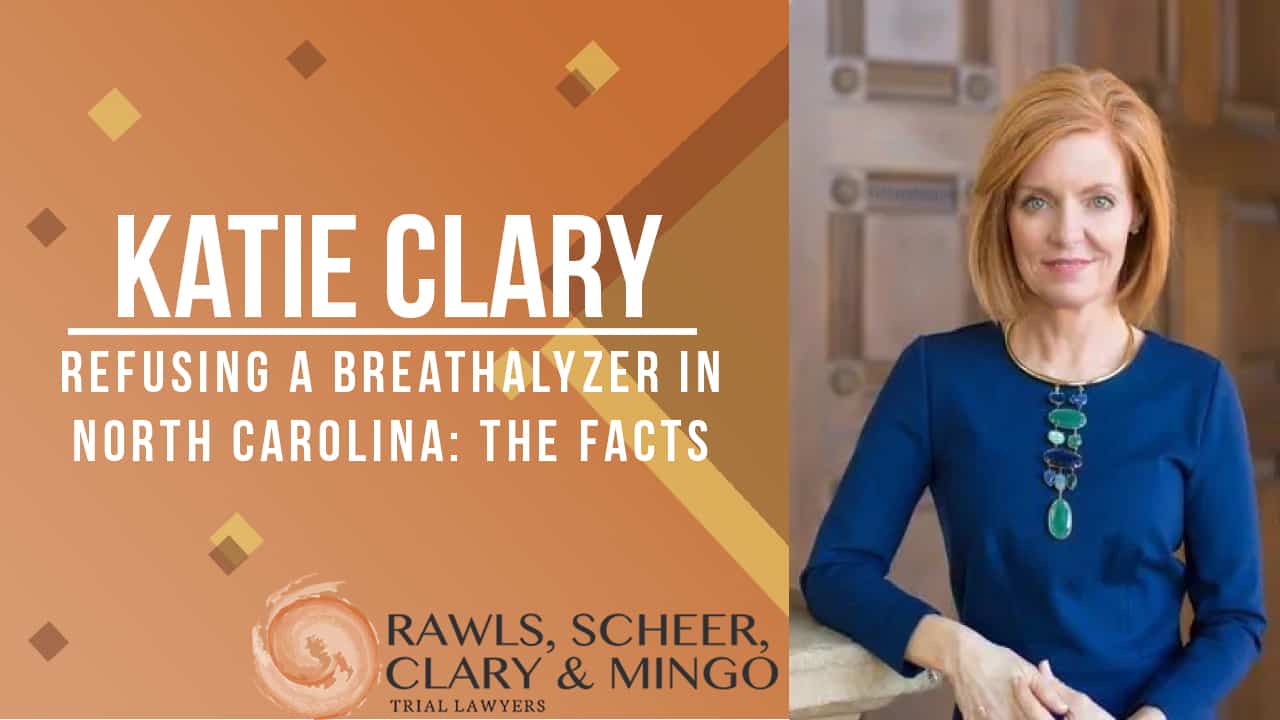It has become risky and dangerous to be involved in “insider trading” in Charlotte. In February, 2015, U.S. District Judge Robert Conrad handed down lengthy prison sentences to former Wells Fargo banker John Femenia and three codefendants.
Their sentences ranged from 19 months to 10 years in prison, Femenia receiving 5 years. Six other defendants were prosecuted in this case and were previously sentenced.
The law of insider trading may be changing

Meanwhile, the law of insider trading may be changing. Federal prosecutors have not previously been required to prove that a person who received a tip (a “tippee”) knew that the insider disclosed confidential information in exchange for a personal benefit. However, on December 10, 2014, the U.S. Court of Appeals for the 2nd Circuit reversed the insider trading convictions of Todd Newman and Anthony Chiasson. In this case, the trial judge did not require the government to prove that the defendants had knowledge that the person providing the stock tip to them did so in exchange for a personal benefit.
The Court of Appeals held that to sustain a conviction for insider trading, the government must prove beyond a reasonable doubt that the tippee knew that an insider disclosed confidential information and that he had done so in exchange for a personal benefit.
Currently, the Second Circuit Court of Appeals’ ruling is not binding law in other federal circuits, such as the 4th Circuit, which includes North Carolina. Additionally, the government has petitioned the Court for a rehearing in an attempt to persuade the Court to change its ruling.
The U.S. Supreme Court may be petitioned
Whichever way the Court of Appeals finally rules, either party may then petition the U.S. Supreme Court for review. A decision by the U.S. Supreme Court could apply the Second Circuit’s tougher standard for insider trading convictions to the entire country.
Whether or not the law changes, insider trading is being investigated and prosecuted more frequently in North Carolina than ever before. Those who are prosecuted for this offense face lengthy prison sentences and need representation by qualified legal counsel. The attorneys of Rawls, Scheer, Foster & Mingo have deep experience handling all types of federal white collar cases, including insider trading.



